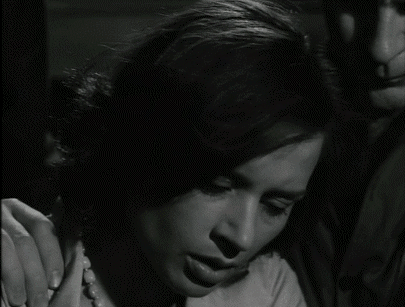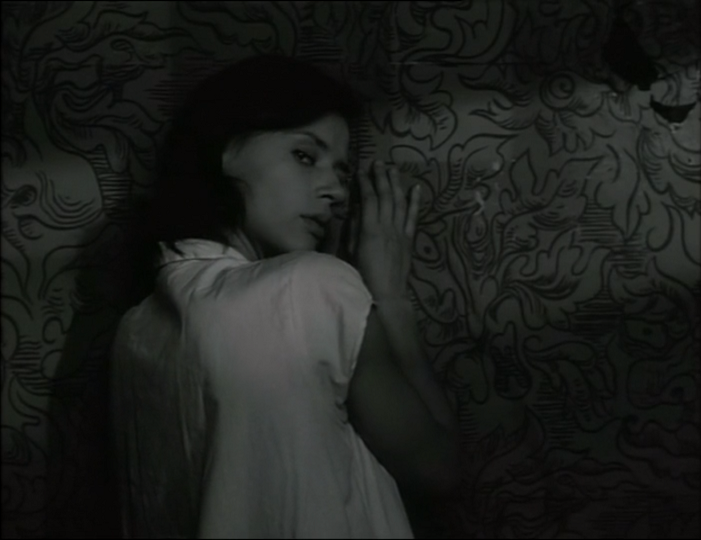I had high expectations going into Blade Runner 2049. Not just because of the reviews, or because Denis Villeneuve made some of my favorite movies of the last few years, but because the original Blade Runner had finally clicked with me after years of not quite liking it. So, with the original and my newfound appreciation of it fresh in mind, 2049 had a lot to live up to.
Somehow, someway, Blade Runner 2049 pulls it off. Somehow, in 2017, we have gotten a film that simultaneously expands upon the original's themes and atmosphere while not being beholden to it, acts as its own movie without being scared to explore different and intriguing angles, and moves at the kind of measured purposeful pace needed to let its themes sink in while not feeling boring or bloated.
Blade Runner's biggest strength was its world, that damp claustrophobic urban decay, a bleak future that felt so real and tangible thanks to its sense of place and technology. In one of its most impressive feats, the world of 2049 authentically feels like that same world, after 30 years of technological advancements and time passed and things changed mostly for worse.
Where the world of the first movie was confined and drenched in shadow but bustling and lively, the world of 2049 is sprawling and open but drained. A dying husk of a world clinging to life as it withers away. Wide vistas of dead landscapes, battered on all sides by encroaching signs of doom. Those dense urban cityscapes are still there, and those towering buildings, but they no longer feel so distant from the crushing doom that so many have escaped for off-world life. The crashing rising seas to the west, the radioactive wastes to the east, the endless snow from above.
And this time around, the narrative is as compelling as the visuals and world. Gosling's K has a fascinating arc that explores those classic central themes and concepts of what is human and the nature of humanity and that of replicants, perhaps less poetically and memorable than Hauer's performance, but through engrossing new angles that stick in your head well after the credits. Ford's return as Deckard is one of his strongest performances in years, and his inclusion never feels like pandering to nostalgia or some cheap callback. If anything, the weakest link of the film may have been Leto's Wallace; while interesting and fitting well within the story, his role does feel kind of lacking as an antagonist.
Overall, Blade Runner 2049 is a triumph. That it's as good as it is, is shocking. That it's a worthy follow-up to a cinematic sci-fi classic, that matches and in some ways surpasses the original, is almost unbelievable. But Villeneuve did it. Cyberpunk and science fiction fans can rejoice.


